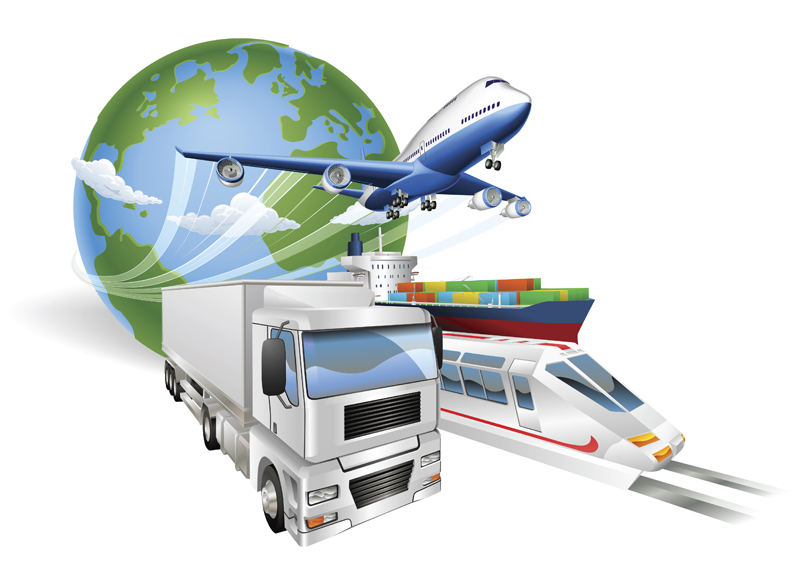Elevated Approaches for the Challenges of Modern Logistics
In the dynamic landscape of modern logistics, the challenges that businesses face have evolved with the rapid pace of technological advancement and global interconnectedness. To address these challenges, elevated approaches have emerged, ushering in a new era of efficiency and adaptability. One of the foremost challenges is the intricate web of supply chains sprawling across the globe, often leading to information asymmetry and inefficiencies. In response, companies are increasingly turning to cutting-edge technologies such as blockchain and the Internet of Things IoT to create transparent, traceable, and secure supply networks. These technologies not only enhance real-time tracking and monitoring of goods but also enable the automation of processes, minimizing errors and delays. Moreover, the escalation in customer expectations regarding delivery speed and flexibility has necessitated innovative solutions. This has paved the way for the rise of autonomous vehicles and drones, enabling faster and more precise deliveries, particularly in congested urban areas. These advanced modes of transportation not only expedite the last-mile delivery but also reduce the carbon footprint, aligning with the growing emphasis on sustainable logistics practices.

Simultaneously, predictive analytics artificial intelligence are revolutionizing demand forecasting and route optimization, enabling companies to anticipate market trends and make informed decisions, and thereby mitigating the risk of overstocking or stockouts. Warehouse management presents another crucial challenge in the logistics sector, with the efficient utilization of space and the swift retrieval of items being paramount. This has led to the adoption of robotics and automation in warehouses. Robotic systems, equipped with machine learning algorithms, streamline the picking and packing processes, drastically reducing error rates while increasing throughput. Additionally, the implementation of autonomous mobile robots for material movement within warehouses optimizes storage and minimizes human intervention, resulting in enhanced overall operational efficiency. The complexities of international trade, including diverse regulations, tariffs, and customs procedures, remain significant hurdle in global logistics operations.
To surmount this, innovative trade management platforms powered by artificial intelligence offer assistance in navigating these intricacies. These platforms provide real-time updates on regulatory changes, offer risk assessments SSI, and suggest strategies to mitigate potential disruptions. By facilitating compliance and minimizing delays, businesses can maintain seamless cross-border operations. Furthermore, sustainability has emerged as central concern in modern logistics, driven by environmental consciousness and evolving regulations. The integration of green practices, such as alternative fuels and eco-friendly packaging, aligns logistics operations with environmental goals. Employing data analytics, companies can monitor and optimize energy consumption, leading to reduced emissions and operational costs. In conclusion, modern logistics confronts multifaceted challenges that demand elevated approaches for effective resolution. The amalgamation of cutting-edge technologies, from blockchain and IoT to AI and robotics, offers unprecedented transparency, efficiency, and adaptability in supply chain management. The proliferation of autonomous vehicles and drones revolutionizes delivery speed and sustainability.